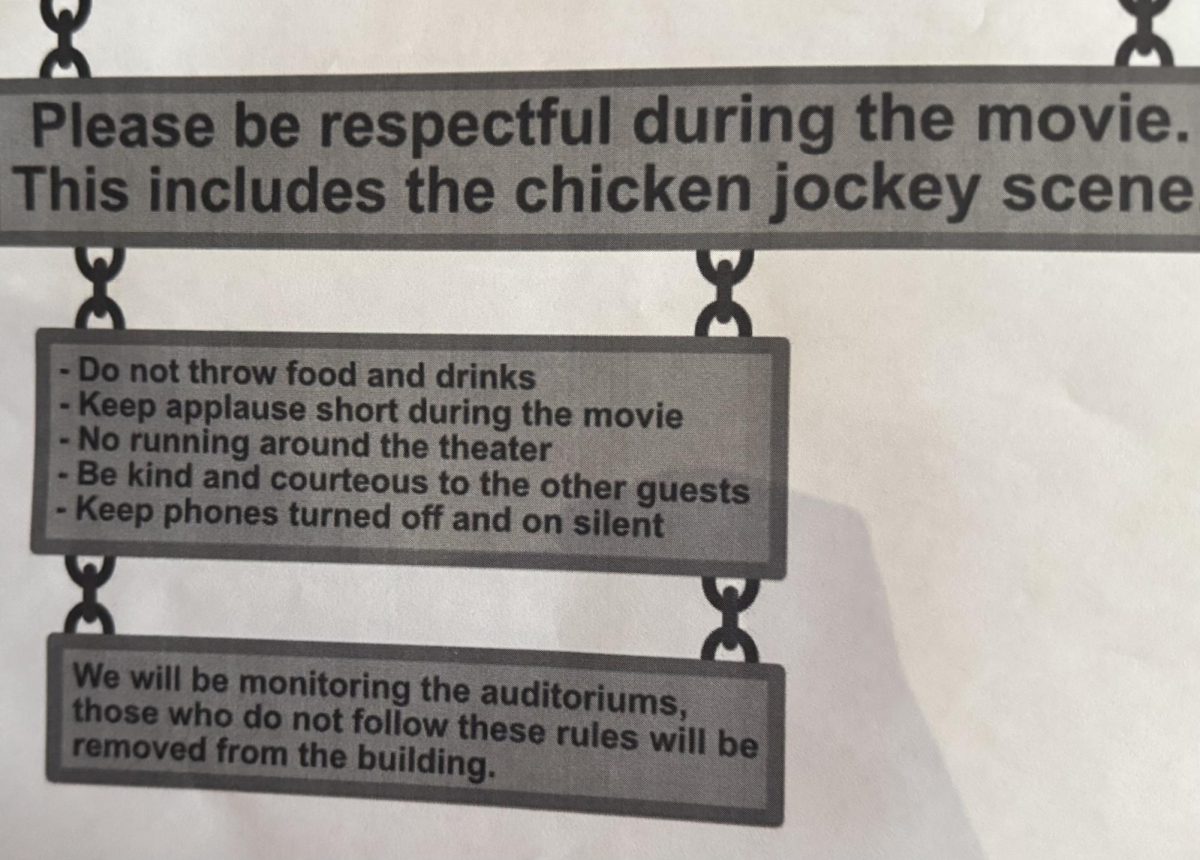As Israeli Apartheid Week draws to a close in the United States, I share a belated response to the op-ed published two weeks ago titled “Why is Macalester silent about academic freedom?” concerning the American Studies Association’s recent resolution to boycott Israeli academic institutions. As an American Studies major and as an activist engaged in Palestine solidarity work with Minneapolis’ Anti-War Committee, I position myself in a starkly different role than the previous article’s authors. I write first as an international solidarity activist who believes in self-determination for all peoples, and secondly a Macalester student disillusioned with the varied injustices sanctioned by many in the academy. To disingenuously boil down the ASA’s boycott to a polite conversation about threats to academic freedom is both short-sighted and irresponsible.
I will not mince words; Israel is a settler colonial state whose legalized system of racial discrimination, ethnic cleansing, and military occupation against Palestinians meets the criteria for apartheid under international law. For those who are unfamiliar, settler colonialism is a process whereby settler colonists carve out their own distinct nation-state on land already inhabited by indigenous peoples. Settler colonialism strives to eliminate indigenous peoples via land dispossession, creates a racialized system of subjecthood, and celebrates itself by framing settlers as anti-colonial inheritors, or in the case of Israel, as the legitimate original inhabitants. Both the United States and Israel form settler colonies. Apartheid is a legalized system of racial discrimination and under international law, constitutes a crime against humanity. Thus, Palestinians as indigenous people are simultaneously racialized with the violent application of both settler colonialism and apartheid.
In the words of American Studies scholars Robin D. G. Kelley and Erica Lorraine Williams, “Israel’s settler colonial policies have created conditions for Palestinians that bear close comparison with those meted out by the [South African] apartheid regime.” Palestinians and Jewish-Israelis are subjected to two distinct sets of laws concerning labor, land, ownership, access to education, the right of return, freedom of movement, freedom of association, freedom from unjust imprisonment…the list continues. Gaza is widely deemed the world’s largest open-air prison, its 1.76 million inhabitants are constricted to a roughly 140-square-mile strip that faces chronic shortages of life necessities– water, medicine, food, electricity, building materials– not to mention living under siege, a constant state of surveillance, punishment, and militarization. The Palestinian people have always resisted and will continue to resist the occupation of their homeland, and their resilience given current material conditions cannot be overstated.
The ASA boycott is just one product of such resistance; the boycott was not birthed out of a vacuum, but rather a growing international movement bent on dismantling the Israeli occupation. The Boycott, Divest, Sanction (BDS) movement draws on tactics utilized by those who sought to abolish the horrors of South African apartheid. The movement for justice aims to 1) end the occupation and colonization of all Arab lands and dismantle the Wall 2) recognize the fundamental rights of Arab-Palestinian citizens of Israel to full equality and 3) respect the Palestinian refugees’ right to return to their homes. Launched on July 9th, 2005, by over 170 Palestinian civil society organizations– one year after the International Court of Justice released an advisory opinion ruling the Israeli Wall in the Occupied Palestinian Territories (OPT) to be illegal– the BDS movement calls for the international solidarity movement to impose “broad boycotts and implement divestment initiatives against Israel.”
Palestinian civil society issued this call in light of the harsh reality that neither hundreds of UN resolutions condemning Israeli apartheid nor several rounds of “peace talks” have produced any changes in Palestinians’ material conditions. As settlers steal more and more Palestinian land, as more young Palestinian men and women are imprisoned and murdered by the Israeli military, as more Palestinian children suffer from malnutrition and post-traumatic stress disorder, stalled diplomatic talks equate to slow death. But money talks. If boycotts and divestment campaigns are credited with pressuring the South African apartheid regime to embark on negotiations, we know BDS can contribute to ending the occupation of Palestine too. We have a responsibility as Macalester students, as people of conscience, and as settlers on indigenous Dakota land (which applies to all of us unless you identify as Native), to confront settler colonialism in both the U.S. and Palestine.
As people living and working in the U.S., we have a responsibility to ensure that both our public tax dollars and our consumer resources are not propping up the multiple violences committed by Israeli forces in Palestine on a daily basis.
Given this context, I was incredibly proud when the American Studies Association decided to take a stand and released their resolution boycotting all Israeli academic institutions. As clarification, Israeli scholars will still be able to participate and collaborate with ASA members on an individual basis as long as they do not represent the state of Israel or one of its state-funded universities in an official capacity. Furthermore, the ASA boycott is firmly aligned with the critical perspectives sustained by the field. In the words of scholar activist Angela Y. Davis, “the similarities between historical Jim Crow practices and contemporary regimes of segregation in Occupied Palestine make this resolution an ethical imperative…If we have learned the most important lesson promulgated by Dr. Martin Luther King—that justice is always indivisible—it should be clear that a mass movement in solidarity with Palestinian freedom is long overdue.”
Some will say this op-ed fails to address the nuances of the conflict, unnecessarily hurts feelings, or creates a divisive school climate. In response, I present the words of Palestinian poet activist Remi Kanazi, evoking opposition to historical social justice campaigns in his poem titled “This Divestment Bill Hurts My Feelings,”
But this divestment bill, it’s divisive.
The Montgomery bus boycott. Divisive.
The grape boycott. One sided.
Abolishing slavery. Radical.
Nelson Mandela. A terrorist.
Indigenous. Savages.
Women’s suffrage. Complicated.
Desegregation. Provocative.
Hiroshima. Security.
Internment camps. A necessity.
Bantustans. Autonomy.
Iraq. Liberation...
There is always, always going to be an excuse, catch phrases, talking points, strip away names and faces…The real question [is] why are you singling out any injustice for protection.
In closing, I encourage all Macalester students to join the Palestine solidarity movement to demand an end to the Israeli occupation. Educate yourself. Talk with your friends and families. Read President Brian Rosenberg’s shameful statement (which you can find here: https://www.cc.macalester.edu/president/writing/statement-on-ASA-boycott.pdf). Share your disappointment in his decision to oppose the boycott, patronizingly describing the resolution as “ill-considered, poorly explained, and incompatible with the central mission of Macalester.” Organize. Come to a Students United for Palestinian Equal Rights (SUPER) meeting in CC214 this Monday 3/10 at 5pm. Seek out connections with Palestinians in the Twin Cities. Come to an Anti-War Committee meeting on Thursday nights from 7-9pm at 4200 Cedar Avenue in Minneapolis. Take a stand for, in the words of Audre Lorde, “your silence will not protect you.”







Gabrielle Brown • Sep 10, 2019 at 10:39 am
you got a very superb website, Glad I found it through yahoo.
Lily Taylor • Sep 5, 2019 at 10:01 pm
Wow! This could be one of the most beneficial blogs we’ve ever come across on thesubject. Basically fantastic info! I’m also a specialist in this topic therefore I can understand your hard work.